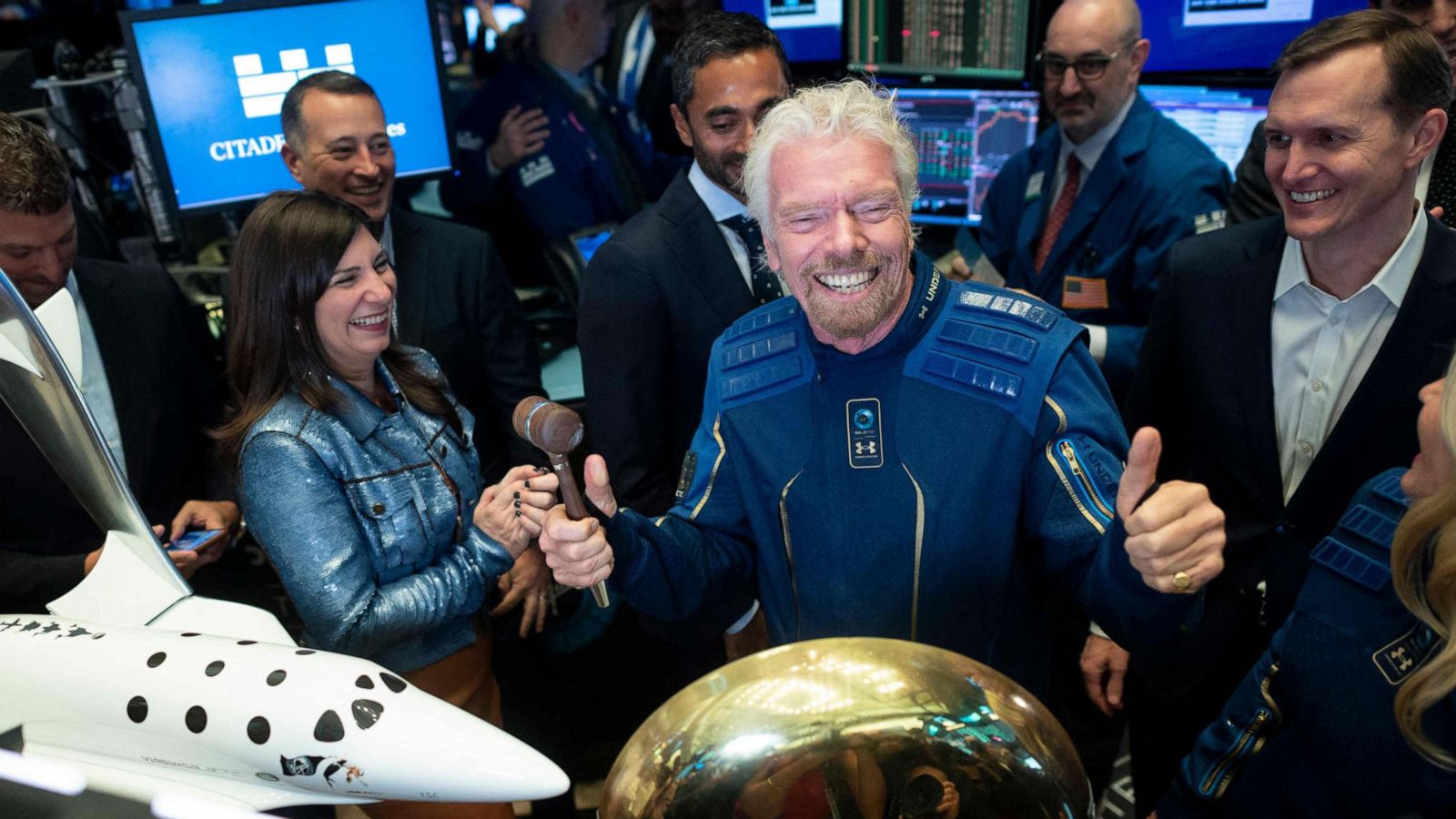The 14 Rules of Johan Cruyff: A Winning Business Playbook for Business Success aren’t just words—they’re a proven playbook for leadership excellence.
Sure, you might know Cruyff as a world-class footballer and the visionary coach who revolutionized FC Barcelona and Ajax. But what you need to know is that his approach to teamwork, leadership, and innovation can transform your business. If you’re serious about winning in the boardroom the way he won on the field, it’s time to follow The 14 Rules of Johan Cruyff.
The 14 Rules of Johan Cruyff aren’t just guidelines—they’re a way of life for anyone who’s tired of mediocrity and wants to lead like a champion.

1. “To accomplish things, you have to do them together.”
Forget the lone-wolf mentality. Cruyff’s success wasn’t built on the back of one superstar. Whether in football or business, greatness comes when everyone buys into the vision. It’s all about the team. If you’re trying to build a company on your own, you’re setting yourself up for failure.
Example: Steve Jobs and Jony Ive at Apple
Jobs had the vision, but it was his collaboration with design genius Jony Ive that led to Apple’s most iconic innovations, including the iPhone.
Business Takeaway no. 1 of 14 Rules of Johan Cruyff:
As a leader, your role isn’t just to steer the ship—it’s to make sure everyone’s rowing in sync. Focus on unity, shared goals, and collective responsibility. You win as a team, or you lose as individuals.
2. “Take care of things as if they were your own.”
Ownership. That’s what separates winners from losers. In business, it’s not enough to just show up and check the boxes. Cruyff made his players feel like every pass, every tackle, every move was theirs to own. That mentality is everything in business.
Example: Jeff Bezos and Amazon’s Ownership Culture
At Amazon, employees are taught to think like owners. This mindset drives long-term thinking and personal accountability.
Business Takeaway no. 2 of 14 Rules of Johan Cruyff:
Cultivate a sense of responsibility in your team. When people feel ownership over their work, they don’t just deliver—they over-deliver.
3. “Respect one another.”
You don’t get far in football without respect. And you definitely don’t get far in business if your team doesn’t feel heard or valued. Respect fosters trust, and trust builds killer teams.
Example: Satya Nadella’s Microsoft Transformation
Nadella turned Microsoft around by building a culture of respect and empathy, empowering teams to share ideas openly.
Business Takeaway no. 3 of 14 Rules of Johan Cruyff:
As a leader, create a culture where respect is non-negotiable. It’s not about avoiding conflict—disagreements are healthy—but about making sure every voice counts.
4. “Involve others in your activities.”
Collaboration is the secret sauce that turns a good idea into a world-changing one. Cruyff didn’t just tell his players what to do—he empowered them to think for themselves, to adapt, and to get involved.
Example: Elon Musk’s Cross-Functional Approach at Tesla
Musk encourages Tesla employees to work beyond their departments. When there’s a bottleneck, everyone jumps in to help.
Business Takeaway no. 4 of 14 Rules of Johan Cruyff: Engage your team in decision-making processes. Bring people from different departments together. Cross-pollinate ideas. That’s how the magic happens.
5. “Dare to try something new.”
Here’s where Cruyff stands out from every other leader. He dared to shake things up, on and off the pitch. He wasn’t afraid to rip up the rulebook and create something entirely new (see: Total Football). That’s the same mindset you need in business.
Example: Reed Hastings Pivoting Netflix to Streaming
Netflix shifted from DVD rentals to streaming, changing the entire entertainment industry with bold innovation.
Business Takeaway no. 5 of 14 Rules of Johan Cruyff: Innovation is the only way to stay ahead. Don’t get comfortable. Encourage risk-taking and embrace the unknown—because that’s where greatness is born.
6. “Always help each other within a team.”
This isn’t just some soft teamwork jargon. Cruyff lived this rule. He created a culture where every player knew they could rely on their teammates—and it made his teams unstoppable.
Example: Toyota’s Kaizen System
Toyota empowers teams to work together and help each other improve constantly through its Kaizen philosophy.
Business Takeaway no. 6 of 14 Rules of Johan Cruyff: Build a support network within your organization. When your employees know they’ve got backup, they’re going to push harder, go further, and take risks knowing the team has their back.
7. “Be yourself.”
Authenticity is a leadership superpower, but here’s the thing: you need to be authentic to who you are. As a leader, it’s tempting to try and emulate the titans—Steve Jobs, Elon Musk, Richard Branson. But if you’re not naturally a ruthless decision-maker or someone who thrives in chaos, trying to act like Jobs or Musk will only backfire.
Business Takeaway no. 7 of 14 Rules of Johan Cruyff: Know your own strengths and leadership style. Sure, take inspiration from the greats, but adapt it to fit you. True leadership comes from playing to your own personality. No one ever succeeded by trying to be someone they’re not.
8. “Interaction is crucial, both in sport and in life.”
Networking. It’s not just about shaking hands at conferences—it’s about building genuine relationships that last. Cruyff knew that no player wins a game alone, and no business leader should face challenges solo either. Building strong connections, both inside and outside your industry, is what keeps you in the game during both good times and bad.
Example: Bill Gates and Warren Buffett’s Partnership
Their friendship goes beyond business, offering mentorship and support in both philanthropy and leadership.
Business Takeaway no. 8 of 14 Rules of Johan Cruyff: Focus on creating meaningful, long-term relationships. Whether it’s building partnerships, finding mentors, or simply networking for support, these relationships can carry you through when the going gets tough.
9. “Know the basics.”
Football might seem complex, but at its core, it’s simple: pass, shoot, defend. The same goes for business—if you don’t master the fundamentals, you won’t get anywhere.
Example: Howard Schultz and Starbucks’ Coffee Quality Obsession
Schultz built Starbucks by perfecting one thing—great coffee. The basics fueled global success.
Business Takeaway no. 9 of 14 Rules of Johan Cruyff: Get your basics in order. Whether it’s product development, customer service, or financial management—make sure your team knows the fundamentals inside out. Then, build on them.
10. “Know what to do.”
In football, it’s not enough to be fast or skilled—you need to know when and how to use those skills. In business, the same principle applies.
Example: Indra Nooyi’s Strategic Transformation at PepsiCo
Nooyi balanced profit with sustainability, driving PepsiCo toward healthier products while maintaining growth.
Business Takeaway no. 10 of 14 Rules of Johan Cruyff: Strategy is everything. Understand your market, your strengths, and your opportunities—and execute with precision. Talent without strategy is wasted.
11. “Sport strengthens body and soul.”
There’s a reason so many high-performers prioritize health. Physical well-being boosts mental performance, creativity, and resilience. Cruyff knew it, and you should too.
Business Takeaway no. 11 of 14 Rules of Johan Cruyff: Promote wellness within your company. It’s not just a perk—it’s essential for keeping your team sharp, focused, and energized.
12. “Try to learn something new every day.”
Curiosity. That’s what made Cruyff one of the greatest minds in football. He was obsessed with learning, and he passed that obsession on to his players. In business, if you’re not learning, you’re falling behind.
Example: Jack Ma’s Curiosity Mindset
The Alibaba founder constantly emphasizes personal growth, even after massive success.
Business Takeaway no. 12 of 14 Rules of Johan Cruyff: Make learning part of your company culture. Invest in training, encourage curiosity, and celebrate continuous improvement.
13. “An essential part of any game is playing together.”
Cruyff understood that a team only succeeds when everyone is aligned, but here’s the twist—playing together doesn’t mean just going through the motions. It’s about being direct, speaking up, and making sure everyone understands their role and adds value. There’s no room for passengers. If you’re in the room, you better be in the conversation.
Example: Sheryl Sandberg’s Direct Leadership at Facebook (Meta)
Sandberg led with direct communication, ensuring every voice contributed and every meeting had purpose.
Business Takeaway no. 13 of 14 Rules of Johan Cruyff: Foster an environment where everyone contributes, and nobody is just filling a seat. Clear, open communication is key to moving fast and winning big. Skip the fluff and make every meeting count.
14. “Bring beauty to the sport.”
Football, at its best, is beautiful. Cruyff wasn’t just about winning—he was about creating something that people would remember. The same applies to business. Success is great, but it’s even better when you’ve built something people admire.
Example: Phil Knight and Nike’s Iconic Brand Storytelling
Phil Knight, the co-founder of Nike, didn’t just build a sportswear company—he built a brand synonymous with greatness. Nike’s campaigns like “Just Do It” and their collaborations with icons like Michael Jordan turned sportswear into art. Knight understood that branding could inspire on a deeper level, merging performance with storytelling to create a legacy.
Business Takeaway no. 14 of 14 Rules of Johan Cruyff: Don’t just aim to succeed—aim to create something truly extraordinary. Whether it’s your product, your company culture, or your leadership style, make it something people talk about long after you’re gone.

Final Whistle: Lead Like Cruyff, Win Like a Champion
The 14 Rules of Johan Cruyff are more than just a playbook—they’re a blueprint for success in any arena. Whether you’re leading a startup, managing a team, or scaling a company, these principles will guide you to greatness.
Now, it’s your turn. Step up, take control, and start leading your business the Cruyff way.
Because if you’re not playing to win, what’s the point?






